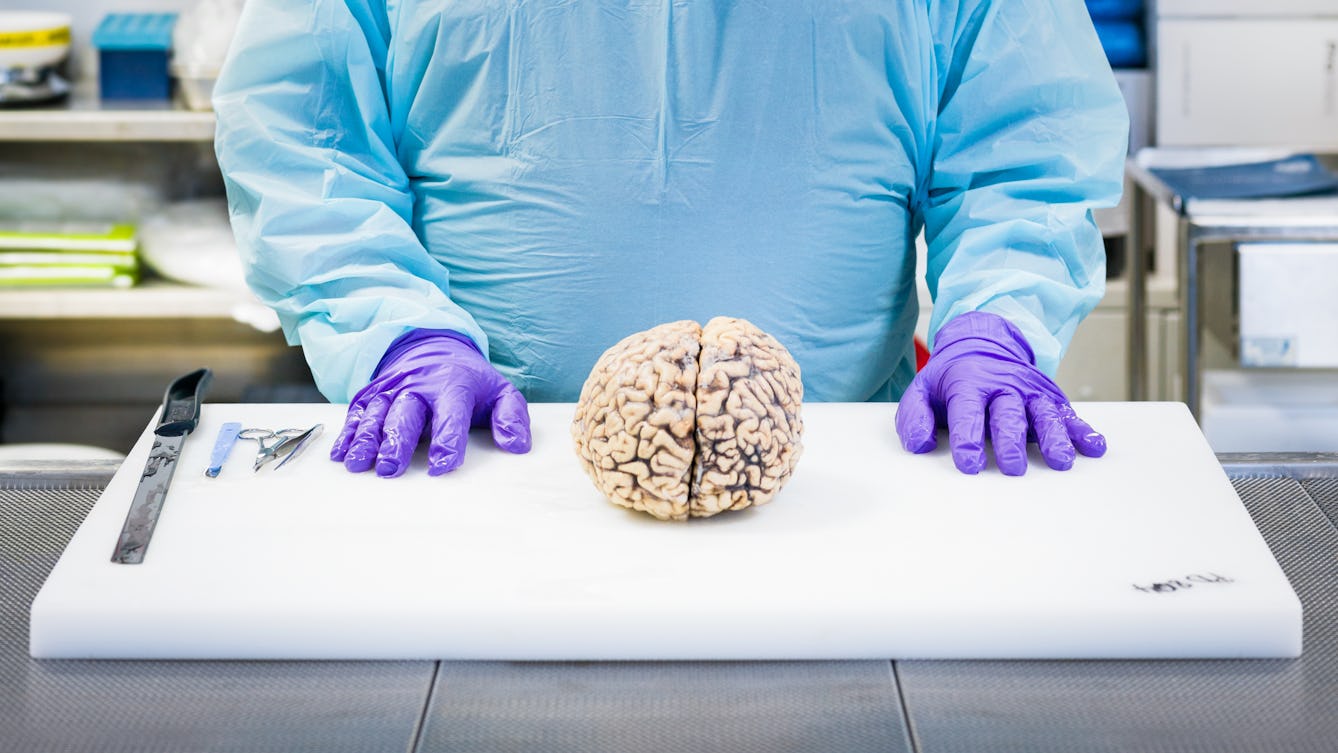
- Article
- Article
The anatomy of a brain dissection
Dissecting the brain after death not only helps confirm a diagnosis, but it can also teach us so much more about the symptoms and causes of brain diseases and how to treat them.
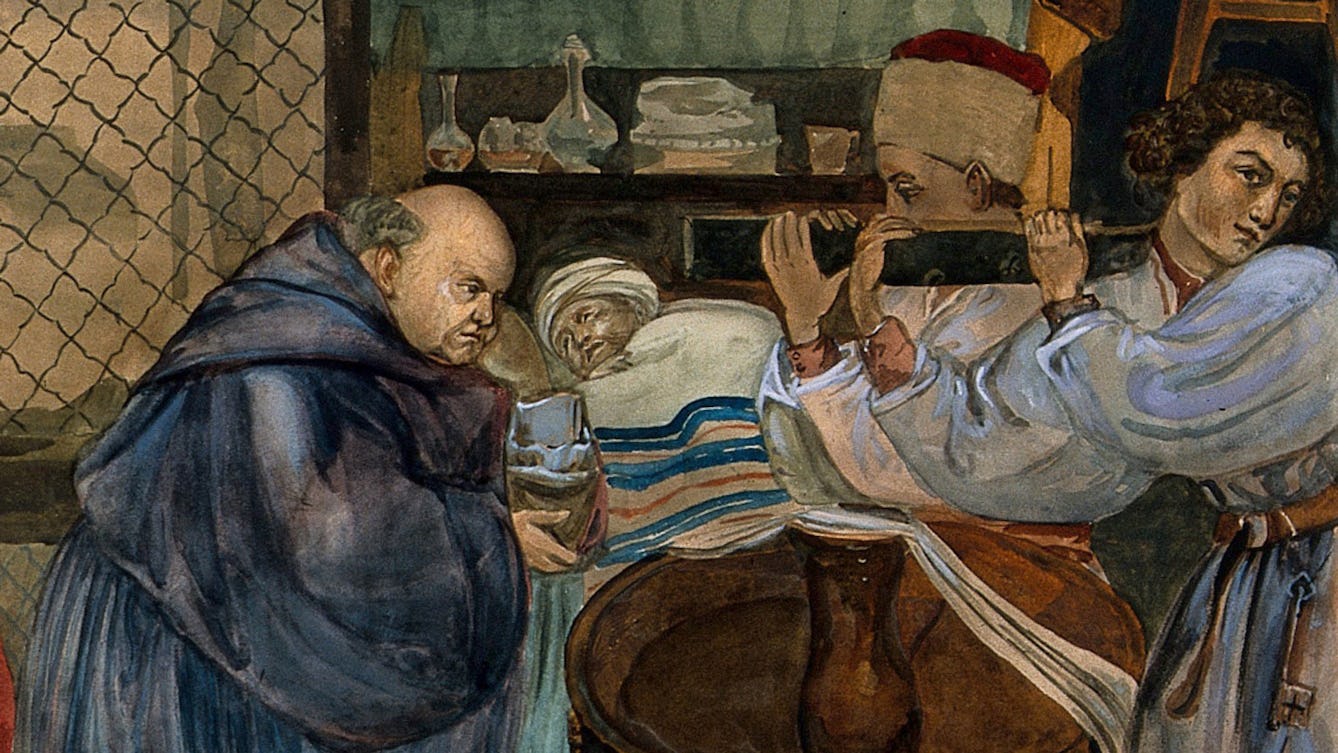
- Article
- Article
Confession as therapy in the Middle Ages
The line between confession and counselling has been blurred for centuries.

- Article
- Article
Stigma, schizophrenia and being transgender
When he was diagnosed with schizophrenia, Ashley McFord-Allister discovered that the medical world will not continue gender confirmation treatment while treating a mental health condition. Here he exposes the prejudice behind this attitude.
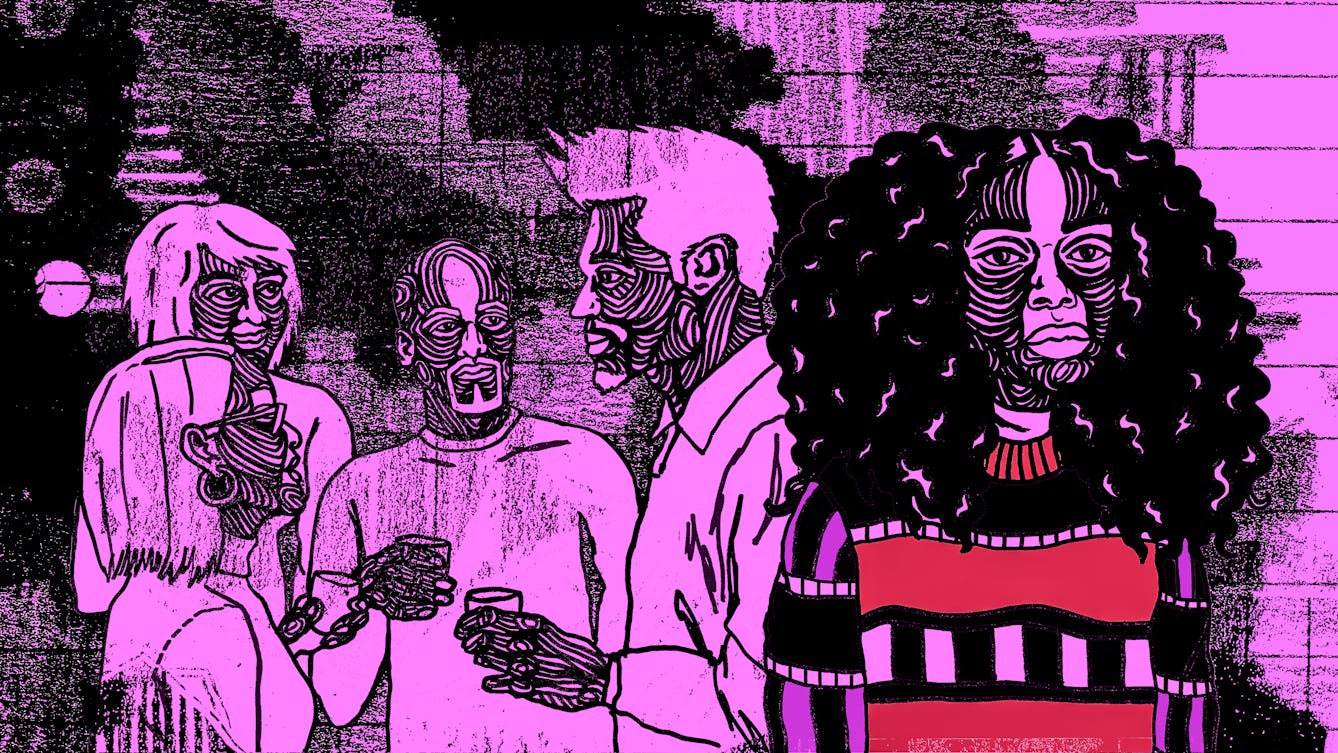
- Article
- Article
Building resilience in a racist world
With the resurgence of racism in today’s UK, Louisa Adjoa Parker reflects on the trauma of growing up in a racist society and explores how victims could begin to heal.
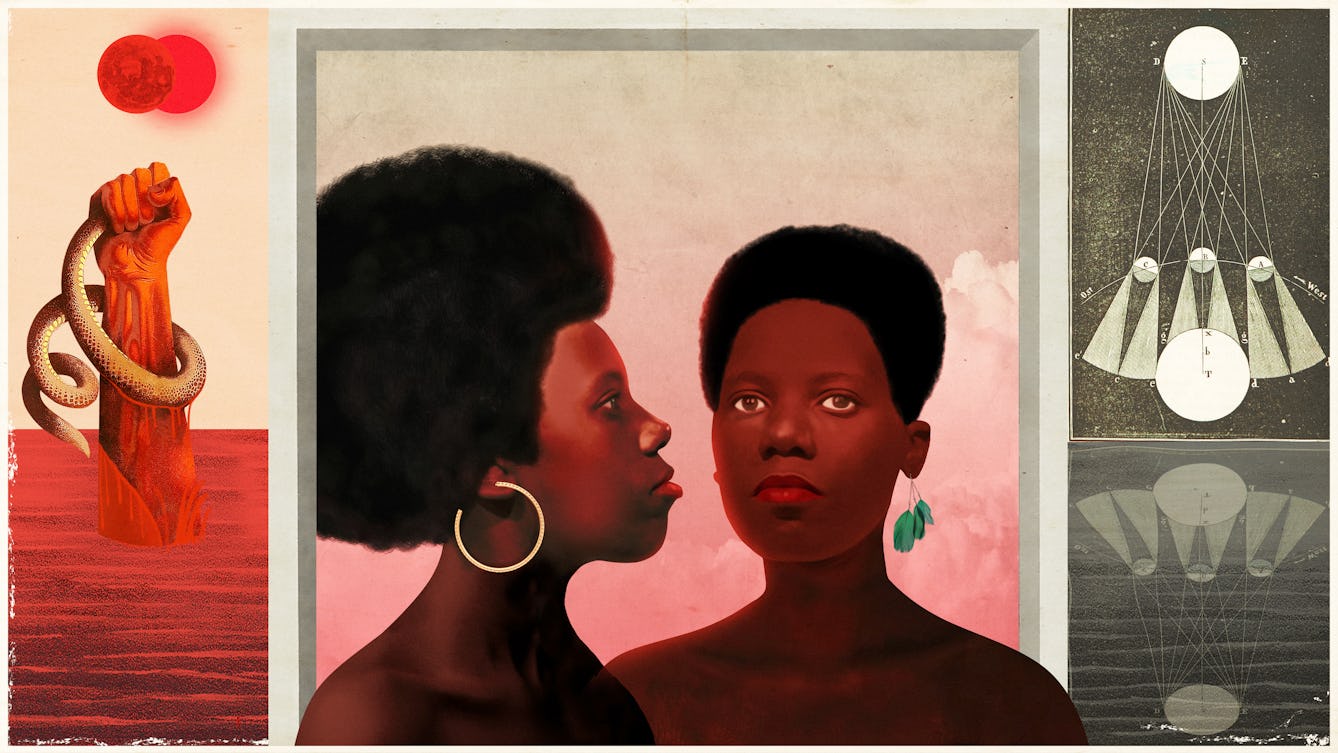
- Article
- Article
This is a MOOD
Adults might sometimes dismiss teenagers’ ‘moodiness’, but adolescence is a time of complex shifts in brain and body, which are intricately bound up with fluctuating feelings.

- Book extract
- Book extract
Why make-believe matters
Michael Rosen explores the point of play, and reveals why we should all do a little more daydreaming.
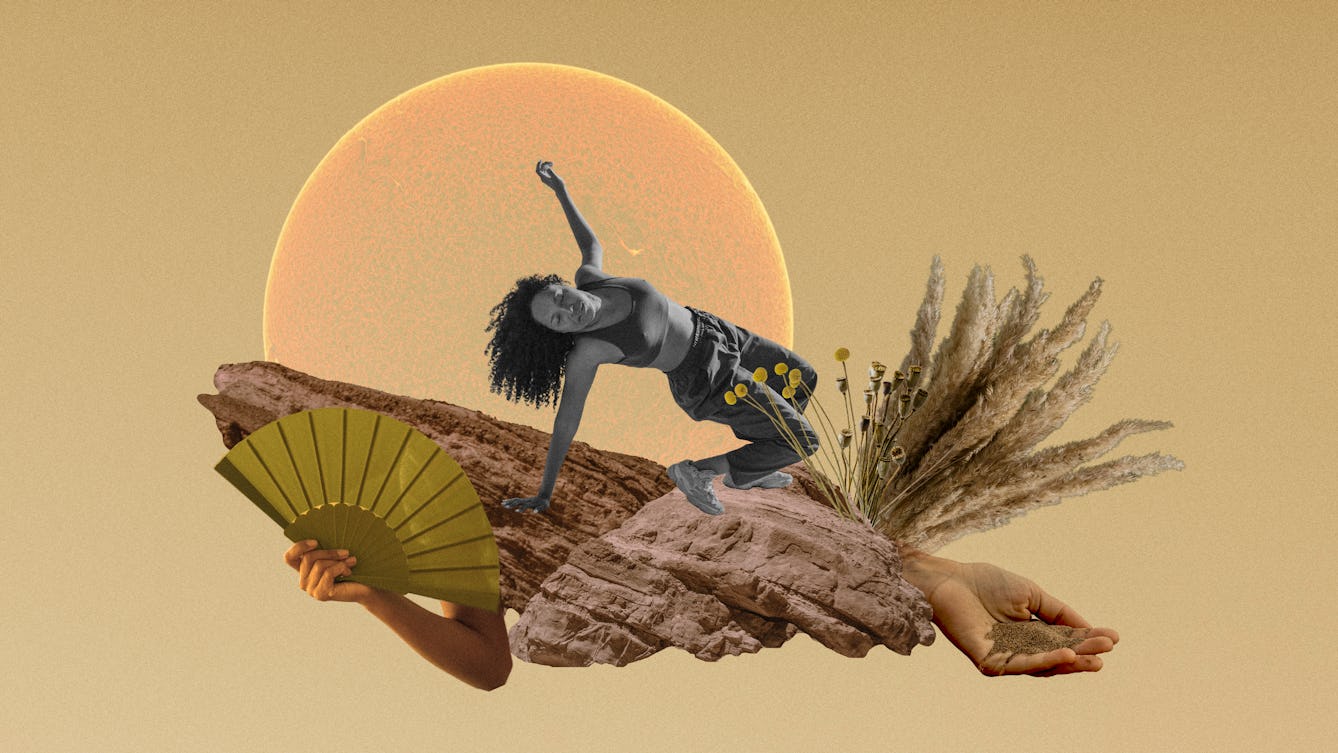
- Article
- Article
Heating up and drying out
Menopause doesn’t have to signify old age, but when your body feels like it’s letting you down, it’s hard not to believe that your useful life may be over.
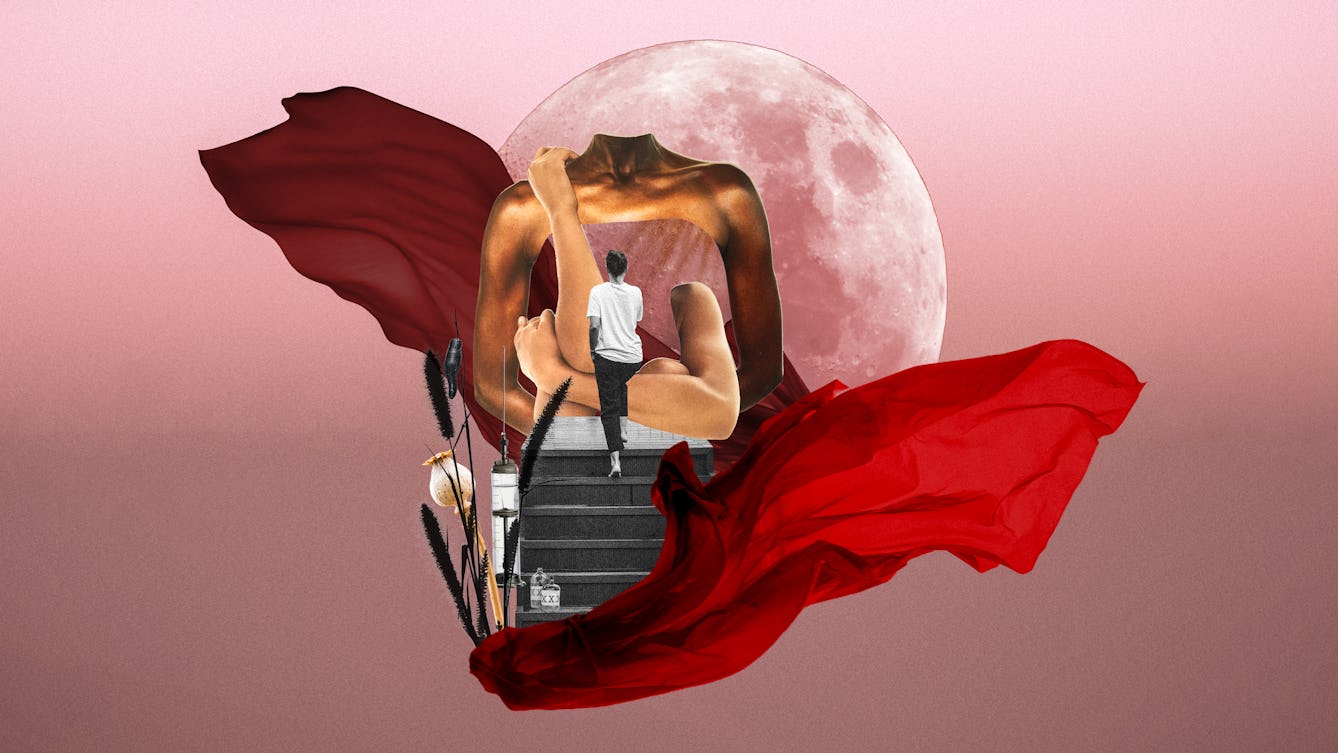
- Article
- Article
Blood
Discover the history, mythology and taboos around blood and menopause, and hear from some contemporary voices about their experiences of periods and the onset of menopause.

- Book extract
- Book extract
The history of brainwashing
Is it possible to control what other people think? In this abridged extract from his book ‘Brainwashed’, psychoanalyst and historian Daniel Pick offers us a new history of thought control.

- Article
- Article
Tripping for spiritualism and science
Getting high in the name of religion or creativity has been practised for centuries. Now it seems hallucinogenics could help treat mental illnesses too.

- Article
- Article
The cures and demons of sleep paralysis
Discover the murky past of sleep paralysis, the terrifying disorder once associated with demonic possession
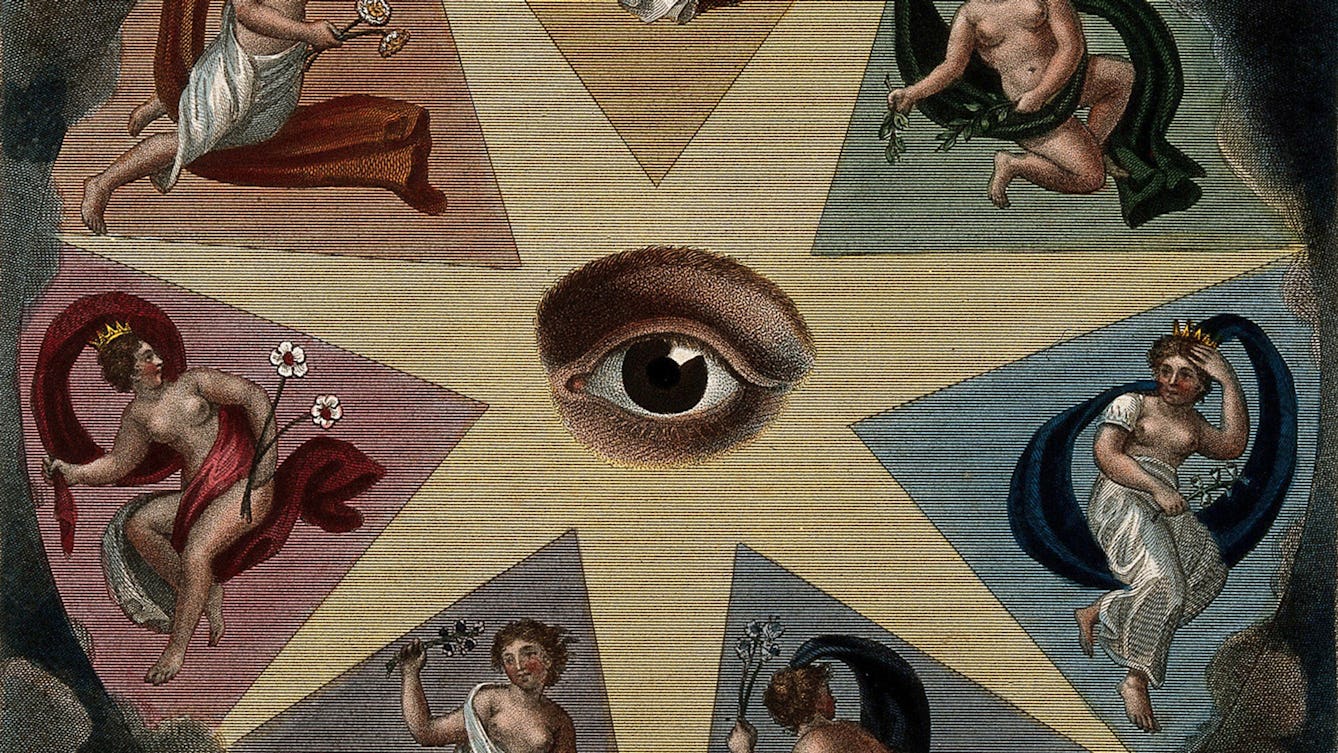
- Article
- Article
Do you see what I see?
Is reality actually what you see, or just an elaborate illusion?
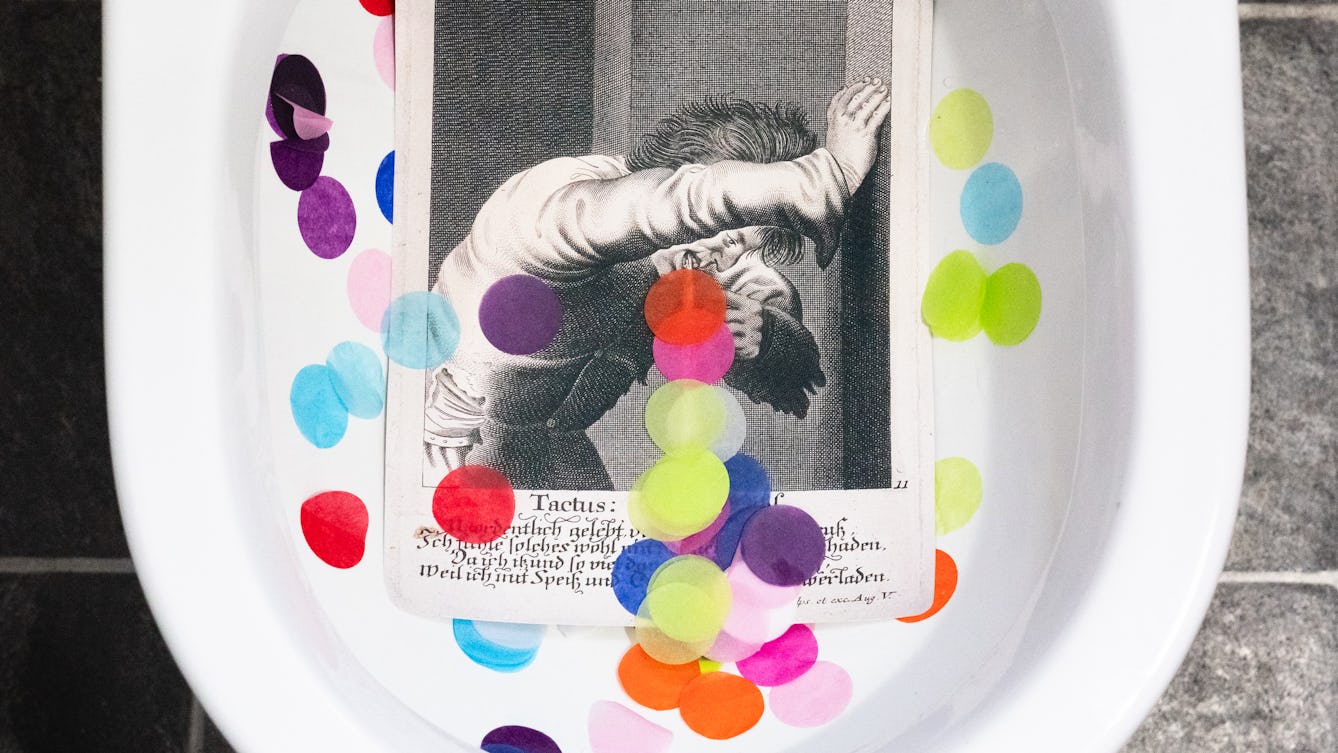
- Article
- Article
How I cured my fear of vomiting
Emetophobia ruled every waking moment of Alex’s life. Until he came to realise he couldn’t live that way any more.
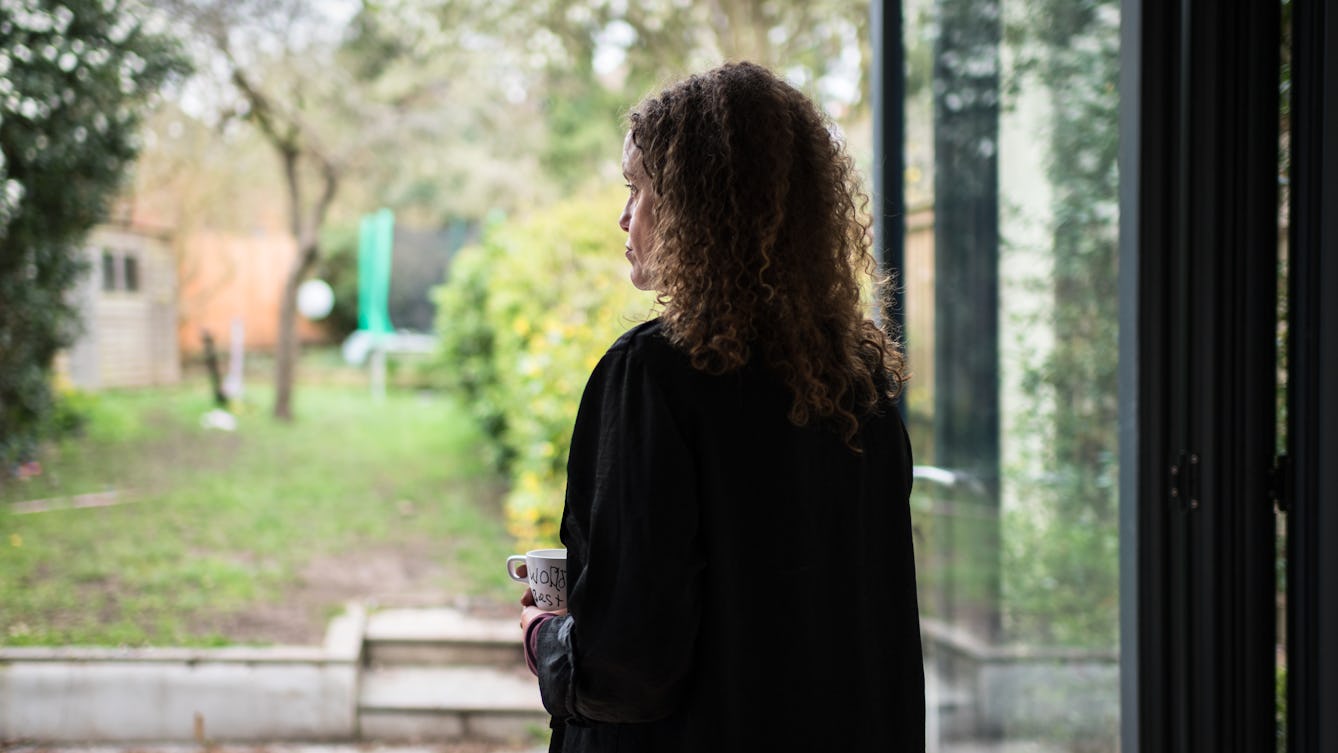
- Article
- Article
When parenting brings a paradigm shift
There were no indications during her pregnancy that Carol Nahra’s son would have severe, life-threatening disabilities. Here she describes the stages on her journey from shock to love and beyond.
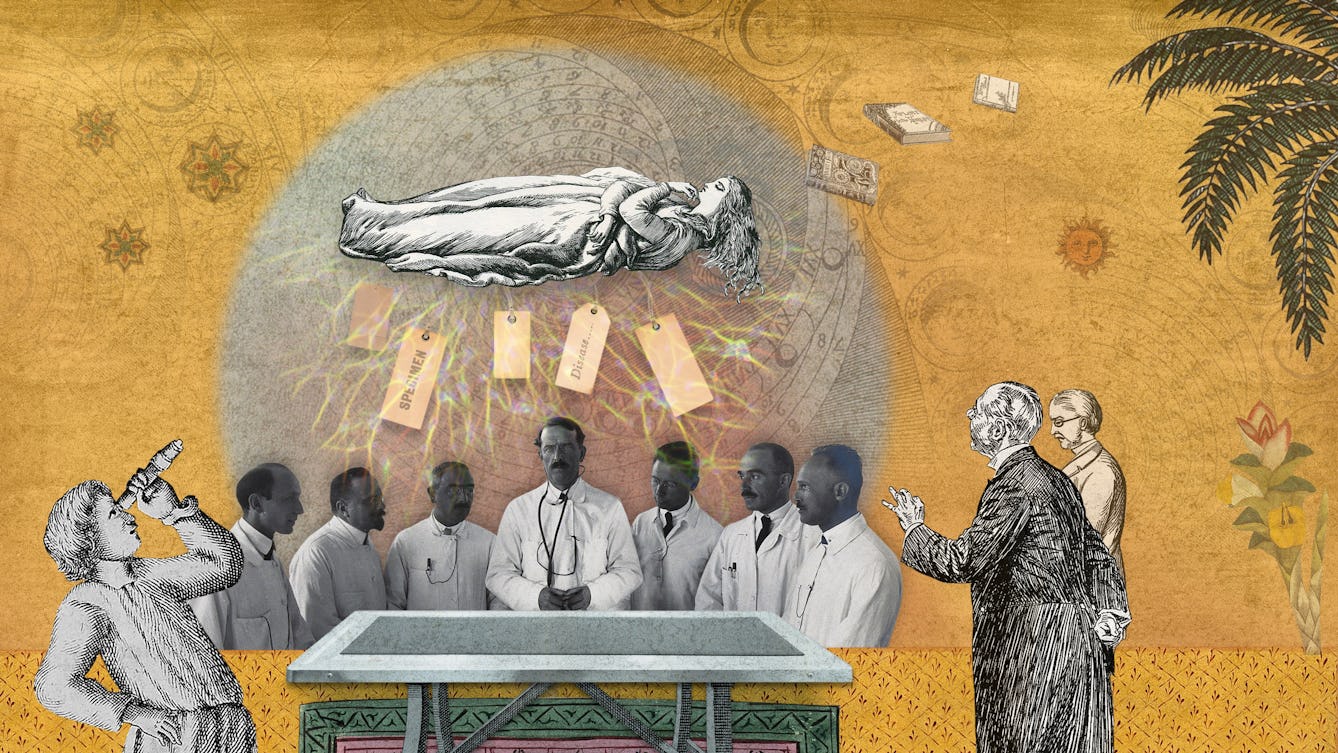
- Article
- Article
The epilepsy diagnosis
Epilepsy exists between the mind and body, something that Aparna Nair experienced for herself when she was diagnosed as a teenager.

- Book extract
- Book extract
My important, ridiculous nose
The nose is a much-maligned appendage, but it’s a powerful organ capable of invoking powerful emotions from past memories and sexual attraction.

- Article
- Article
The joy of playing hide-and-seek with rats
Playing hide-and-seek with lab rats has shown scientists that joy can be a great motivator for learning and social interaction – and not just for rats.

- Article
- Article
When contemporary dance meets dyspraxia
Discover why a rare neurological condition meant an enthusiastic club-night dancer struggled with formal dance classes. And how persisting with those classes paid off.

- Article
- Article
How electromagnetic therapy inspired me
Poet Sarah James explores how repetitive transcranial magnetic stimulation treated her depression and influenced her art.

- Article
- Article
How music opens the doors of memory and the mind
People living with dementia can often still listen, perform or move to music. What does this tell us about how memories are formed?

- Article
- Article
Artificial intelligence and the dream of eternal life
Until now, eternal life was the stuff of fiction, or in the unknowable realms of religion. But an artificial intelligence that ‘remembers’ the whole of an individual’s experience could be the way to life after death.
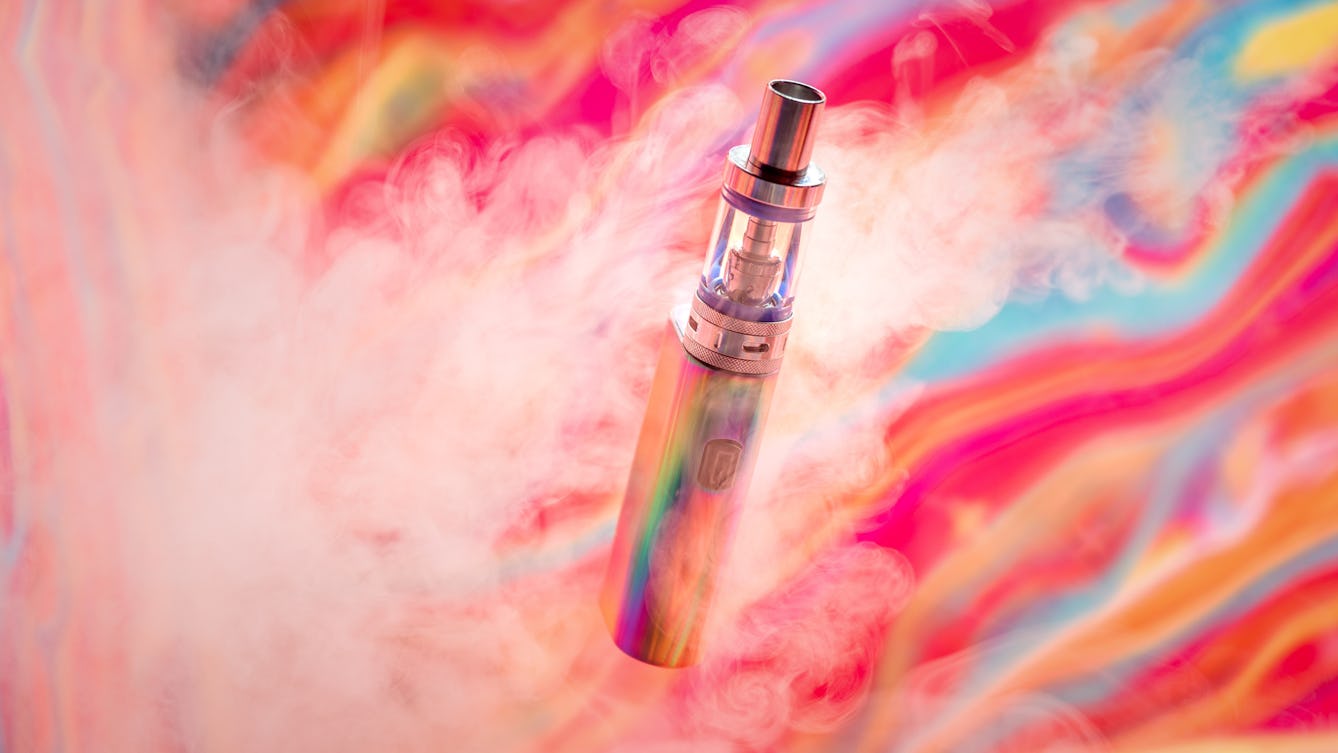
- Article
- Article
Inhaling happiness and gasping for a high
The rapid, short-lived high we get from whippets, reefers and vapes can be accompanied by long-term health consequences. The search is on for safer ways to get stoned.

- Article
- Article
Surviving grief when discussing death is off limits
When Iqra Choudhry’s dad died, she lost her words. Here she explains how finding a way to talk and write about loss has been essential for surviving it.

- Article
- Article
When self-deception becomes global hoax
Being deceived isn’t always a case of believing someone else’s lie. Experiments have shown that many of us can be manipulated into accepting our own fictions as true.

- Article
- Article
Are doctors medical detectives?
Do doctors really identify medical conditions in the same way that detectives solve crimes? Neurologist Jules Montague makes her diagnosis.